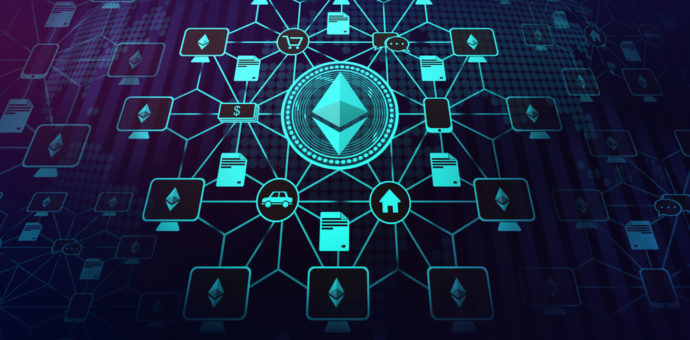Have you ever heard of DeFi? DeFi is the acronym for decentralized finance. It is the use of technologies such as blockchain, smart contracts, stablecoins and others, to decentralize financial products.
Financial decentralization is actually one of the reasons for the creation of the bitcoin – and all the other cryptocurrencies that came after. However, the cryptocurrency area was not yet fully decentralized until a few years. As proved by the need of exchanges for the purchase and sale of assets.
The concept has evolved greatly with the advent of the Ethereum blockchain, which brought the smart contracts to the crypto market as well as bringing together a large number of application developers for this ecosystem. In fact, this has led to the emergence of several projects that are effectively DeFi.
One of these projects is the decentralized exchanges, in which the user operates directly through smart contracts. Another example is MakerDAO and DAI, which is a stablecoin based on smart contracts, which is primarily for loans.
The subject gained so much importance that Nasdaq created a DeFi company index called Defix. Actually the DeFi have been used to obtain income in the market: users lend their cryptoassets in a leveraged way, gain exposure to different other cryptoassets and use these digital currencies to earn more gains.

DeFi allows investors to make gains
A recent example is the Synthetix token, recently listed in Binance. It allows users to invest in cryptocurrencies, stocks, fiat currencies, precious metals and other assets in the form of ERC-20 tokens. Other examples are MakerDAO itself and Compound, the current market leader, beating MakerDAO.
These projects allow you to lock a certain amount of tokens in exchange for interest payments. In addition, it is possible to arbitrate between the different interest rates in the projects. For example, borrowing from a token with low interest and lending from a token with higher interest. The strategy is quite risky.
DeFi Pulse tracks ETH and tokens blocked in DeFi projects by the total value and dominance, by category. According to the service, the DeFi market reached the US$ 2 billion mark in total blocked value (TVL) for the first time in history.
Many in the market have said that DeFi is experiencing a bubble, but that is a controversial topic in the crypto community. If ICOs were considered a quick – and sometimes messy – way to raise funds, DeFi offers much more in terms of loans, savings, trades, investments, earnings, management, hedge, arbitrage and payment.







